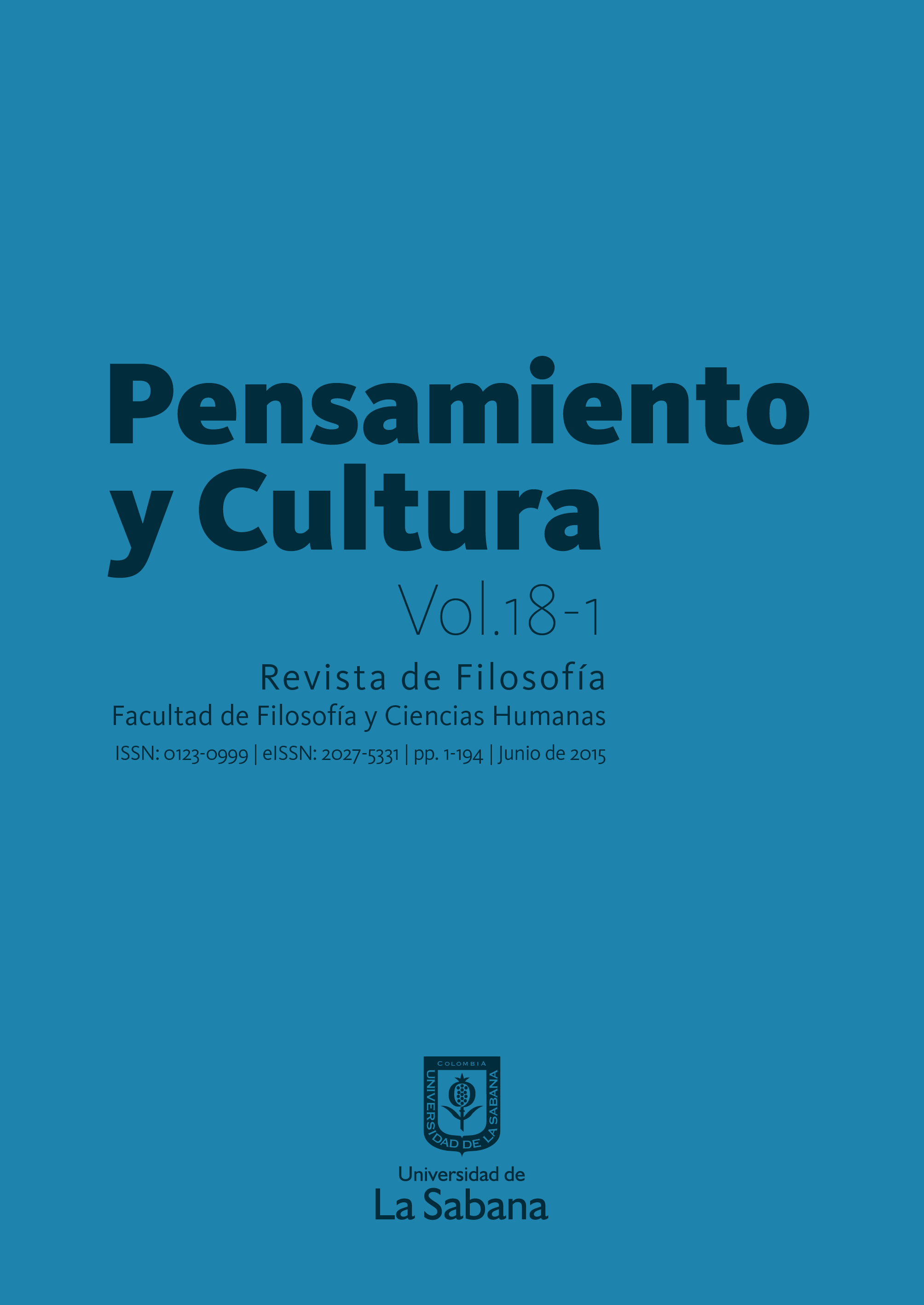Is the Principle of Free Energy a Normative or Descriptive Theory of Cognition?
Keywords:
neuroscience, free energy, Bayes, statistics, perception, cognition.Abstract
The last two decades have witnessed a resurgence of Bayesian statistics, which was regarded as a marginal discipline during most of the twentieth century. This phenomenon has had a profound effect on neuroscience, not only in terms of the kinds of methods used to analyze experimental data, but also in the way perception and action are conceptualized from a theoretical standpoint. This shift can be summarized in the Bayesian brain hypothesis, which holds that one of the central features of this organ is to mount Bayesian statistical inferences. In this context, the principle of free energy proposed by Karl Friston has emerged as a possible candidate for a unified theory of cognition. The purpose of this article is twofold. The first is to introduce the principle of free energy from a philosophical perspective; the second is to clarify whether this principle should be seen as a normative theory of cognition or if, on the contrary, it can be used to make empirical predictions about the sort computational processes that characterize human cognition. In conclusion, the principle of free energy, as often presented by Friston, is a descriptive theory on the type of computational algorithms the brain uses. Moreover, there is not enough empirical evidence in its favor and, in fact, a large number of findings point in the opposite direction.Downloads
Download data is not yet available.
Published
2015-11-06
Issue
Section
Research Articles
License
1. Proposed Policy for Journals That Offer Open Access
Authors who publish with this journal agree to the following terms:
This journal and its papers are published with the Creative Commons License Attribution-NonCommercial-NoDerivatives 4.0 International (CC BY-NC-ND 4.0). You are free to share copy and redistribute the material in any medium or format if you: give appropriate credit, provide a link to the license, and indicate if changes were made; don’t use our material for commercial purposes; don’t remix, transform, or build upon the material.


